- DP60 Electronic material dispersants
DP60 dispersant This product is an innovative polyester-amine block copolymer aqueous solution. It realizes the construction of a three-dimensional network structure through molecular design. It is specially developed to solve the agglomeration problem of carbon-based nanomaterials (石墨烯, 碳纳米管, 等。) and lithium-ion battery materials (silicon-carbon anode, ternary cathode, 等。) during wet grinding and spray drying. Characterized by FTIR and GPC, its molecular weight distribution D50 = 2000-5000Da, containing 30% active amino groups (calculated in KOH).
- 产品数据
组成:
It is a polymer containing multiple functional groups.
The structure is as follows:
Polyester segment: Contains carboxylic acid/ester functional groups;
Amino segment: Contains quaternary ammonium salt modified groups
Core mechanism:
- 多级分散系统: 通过聚酯链的柔性缠绕形成主要空间位阻层.
- 立体锚定效应: 氨基功能基团与碳材料表面缺陷位点形成配位键.
- 溶剂协同作用: 与NMP形成氢键网络以提高物质传递效率.
典型特性:
外观: 浅色透明液体
粘性: 120-180s (25°C, 4# 杯子)
固体含量: ≥99.5%
Amine value: 28-32mg/g (KOH)
PH 值: 8.5-9.5 (25°C)
密度: 1.15-1.25g/cm³ (25°C)
Water content: ≤0.1%
*, 数据中显示的数值描述的是典型性质,并不构成规格限制.
- 应用
推荐应用工艺:
- 纳米级湿法研磨工艺
工艺流程: 原料预分散 → 高速剪切乳化 (12000转速(rpm), 20时间(min)) → 研磨机 (3000转速(rpm), 4时间(h), 温度控制 50℃) → 离心去杂 (12000重量(g), 20时间(min)) → 真空干燥 (60°C, -0.09压力(MPa))
推荐水平:
①、推荐分散剂添加量: 20~50% (相对于碳材料)
②、研磨介质: 氧化锆珠 (直径Φ0.5mm, accounting for 80%)
*. 以上数据为实证剂量, 而最佳剂量需要通过一系列测试来确定.
- Spray drying process optimization
| Parameters | Recommended values | Mechanism of action |
| Feed concentration | 15-25wt.% | Control droplet size and thermal stress |
| Air flow | 20-30m³/h | Improve atomization efficiency and heat exchange rate |
| Inlet temperature | 180-200°C | Optimize solvent evaporation gradient |
| Outlet temperature | 80-100°C | Prevent thermal decomposition of materials |
- Typical application cases
Case 1: Preparation of graphene quantum dot dispersion
Formula: 10g graphene quantum dots + 3g HHDF-60 + 80ml deionized water
Effect: DLS measured particle size 8nm (PDI<0.3), transmittance>92%@550nm
Case 2: Silicon-carbon composite negative electrode slurry
Process: 15kg Si-C particles + 1kg HH-DF60 + 60kg NMP
Performance: slurry viscosity 3000cP@60rpm, tap density 1.4g/cm³
- Safety and environmental protection data
| Item | Data | Compliance Standard |
| LD50(rat oral) | >5000mg/kg | OECD 401 |
| LC50(inhalation) | >2000mg/m³ | GBZ 2.1-2019 |
| Biodegradation rate (28 日) | >90%(CO₂ release) | OECD 301B |
| EC50(aquatic organisms) | >100mg/L | 国际标准组织(ISO) 6343 |
- 技术优势
- 低温稳定性: 在低于40°C的条件下可稳定存放半年以上 (加速测试验证)
- 多材料通用性: 对锂铁磷酸盐(LiFePO4)和二氧化钛(TiO2)等宽禁带材料同样有效
- 工艺兼容性: 可与现有锂电池生产线无缝衔接, 改造成本 <5%
- 包装规格
1*25公斤; 1*1000公斤塑料桶; 包装可根据客户要求选择.
- 储存 & 运输
警告: 本产品易燃, 闪点为90℃. 操作过程中需通风并防爆. 存放于阴凉通风处, 并避免阳光直射.
- 保质期
未开封产品的保质期为 18 自生产日期起计 个月.
此处的信息基于我们目前的知识和经验。该信息仅描述我们产品的特性,但不暗示法律意义上的特性保证. 我们建议您在使用前测试我们的产品是否适合您的预期用途. 无任何形式的保证, 明示或暗示, 包括适销性或特定用途适用性的保证, 是针对此处提及的任何产品以及列出的数据或信息制作的, 或者此类产品, 数据或信息的使用不会侵犯第三方的知识产权. 我们保留根据技术进步或进一步发展进行任何更改的权利.
本手册中的数据基于实验室测试和典型工作条件. 实际应用情况, please refer to the results of small tests. It is recommended to establish a material compatibility database and monitor the dispersion state in real time through surface contact angle (θ<30°) and Zeta potential (ζ>+30mV).
 厚环化工
厚环化工

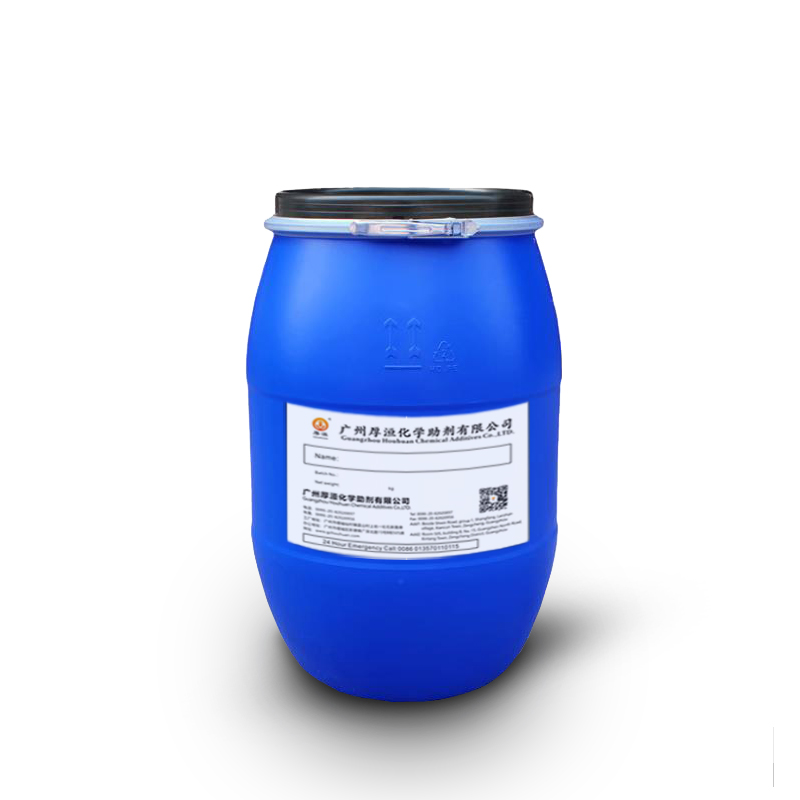
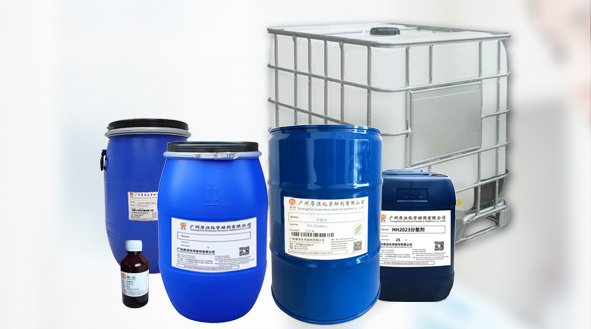
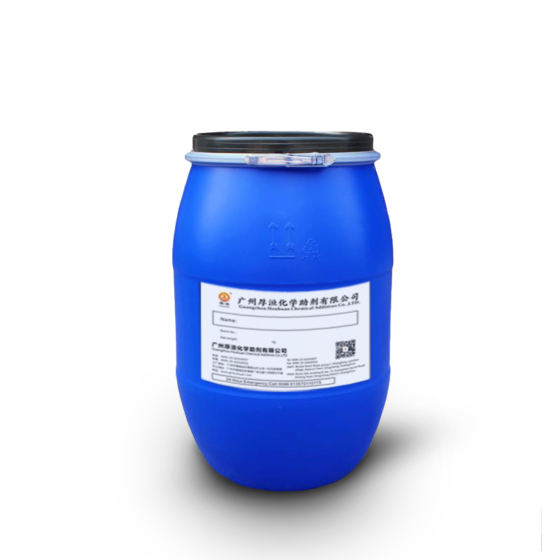
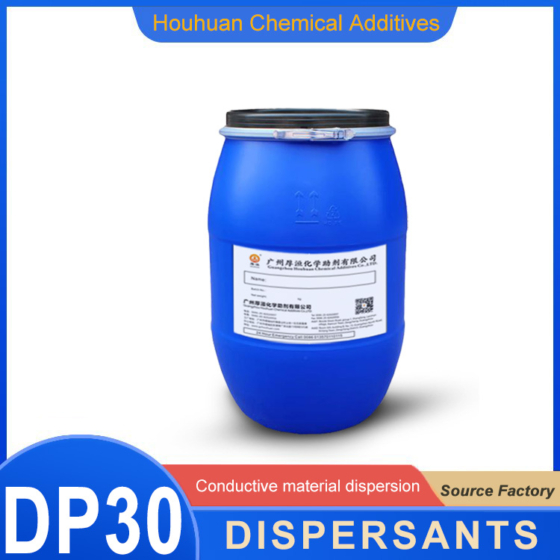
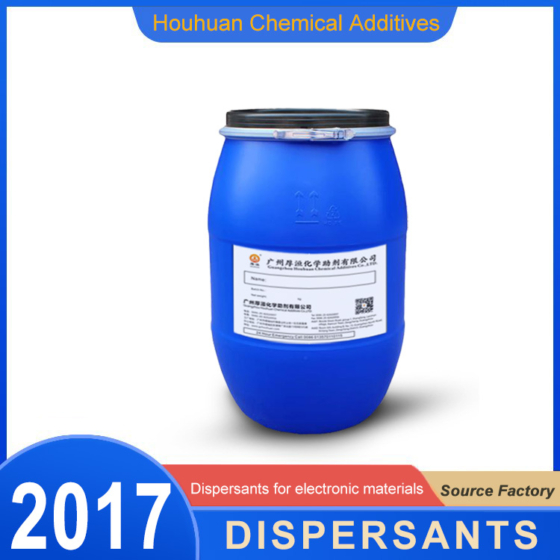

微信
手机微信扫描二维码